Matt Taibbi on Reality Asserts Itself pt1
In a biographical interview, Matt tells the story of how he became a left-fielder for the Uzbek and Russian baseball teams and wound up as a journalist for Rolling Stone and a best selling author. Matt Taibbi on Reality Asserts Itself with Paul Jay.
TRANSCRIPT
Paul Jay
Hi, I’m Paul Jay. Welcome to theAnalysis.news, and this is a segment I call Reality Asserts Itself. That’s where the focus is more on why our guest thinks what they think and how their world-views are formed, and we’ll be back in a few seconds with Matt Taibbi.
Bernie Sanders said that Matt Taibbi is “one of the few journalists in America who speaks truth to power”. Matt’s the author of four New York Times bestsellers, an award-winning columnist for Rolling Stone, and his reporting and commentary on TK News is among the top five for numbers of subscribers on Substack, sometimes I think it’s at the top. His podcast, Useful Idiots, cohosted by Katie Halper, is widely popular. His YouTube videos often recieve hundreds of thousands of views.
So what is Matt’s backstory and what shaped the thinking of this former left fielder for the Uzbek national baseball team? Now joining us is Matt Taibbi.
You are, at least for Reality Asserts Itself, the first professional athlete.
Matt Taibbi
That’s pretty funny.
Paul Jay
I used to do sports in the past. I used to interview all kinds of athletes. It was a great challenge, actually, to get past the media training they’ve had. They’ve all been taught how to say nothing.
Matt Taibbi
Yeah, one day at a time, just got to go out there and do the best you can, and hopefully things will work out.
Paul Jay
Get more aggressive.
Matt Taibbi
That’s right. Yeah. Gotta be more aggressive.
Paul Jay
And what’s your strategy? Oh, I’m going to get more aggressive. The only ones that don’t do that are those guys on the basketball show. Shaq and Charles Barkley.
Matt Taibbi
Shaq and Barkley are a little different. Just trying to help my team out in any way I can, and do the best we can and hopefully things work out.
Paul Jay
All right. So like I said, this is more biographical, although in the course of things we’ll get into some of the contemporary stuff, but to begin with, your story is rather unique, and right from the beginning, your lineage is kind of unique. So you’re born in Boston. Talk a little bit about your parents and so on.
Matt Taibbi
I was actually born in New Jersey and then I moved to Boston when I was little. My father was a student at Rutgers and my parents were 20 years old when I was born. He was a reporter while he was a student for the Home News in New Brunswick, New Jersey, and he started when he was 18 years old. So my father was in the news business even a couple of years before I was born. So I grew up around the industry. He’s adopted. He was born in Hawaii. He’s of Filipino and Hawaiian descent. He grew up in an Italian family that has a Sicilian name of Arabic descent. That’s why I have the name Taibbi. My mother is Irish. So it’s very odd, the ethnic portion of it.
Paul Jay
Well, did you grow up thinking of yourself as what? In terms of ethnic identity, Italian or Filipino, Hawaiian? What was your sense of that?
Matt Taibbi
Well, I’m obviously not very dark-skinned, my father is, but I just thought of myself, I guess as white. I didn’t think about it. It’s funny, obviously more recently it’s become a thing that everybody’s very conscious of, but I just really wasn’t when I was growing up, not so much. My father not until later in life did he get interested in looking into his own family background or looking for his real parents or anything like that, so it just wasn’t a topic that came up a whole lot in our household.
Paul Jay
And he was a journalist, but what was the political culture?
Matt Taibbi
So, I think my mother was probably, when I was younger, more political than my father was. They were both very progressive, left-leaning. They marched against the war in Vietnam and all that, but my father in his career, he’s proud of the fact that he only wrote, I think, two editorials his whole career. He was very much a straight news reporter. His whole journalistic career really didn’t get into his opinions on the air very much or in print, but, later in life, I think that he became more overtly pro-Democratic, but that was privately. Not publicly.
Paul Jay
And what years are you a teenager?
Matt Taibbi
In the 80s. During the Reagan years. Those were good years to be a teenager, I have to say, really great teen movies. There was a lot of upsides there to be young in that era.
Paul Jay
Are you at all political or are you mostly watching teen movies? Are you getting what Reagan’s doing in terms of domestic and foreign policy?
Matt Taibbi
So I was actually kind of political growing up when I was a freshman at NYU when I was 18, I ran the NYU for Jesse Jackson campaign in 1980.
Paul Jay
Oh, really?
Matt Taibbi
Yeah, I was actually quite into liberal politics when I was younger. Again, my mother was very politically committed. She volunteered for campaigns when I was growing up. I didn’t really think about politics in a sophisticated way, probably until I was in my teen years. I remember I read. I was kind of a nerd. I read a lot of books growing up and I started getting into politics a little bit more sort of contemporary political stuff when I was in my late teens. I remember reading Chomsky, for instance.
Paul Jay
Oh, yeah. That’s what I was going to ask you. What books kind of stand out as help helping to form the way you thought about things.
Matt Taibbi
I remember reading Soul on Ice, the Autobiography of Malcolm X. I read, again, Political Economy of Mass Media in the United States, Manufacturing Consent. The thing is, I was sort of a literature nerd when I was growing up. So I had a conscious kind of policy of not reading too much nonfiction and mostly reading older fiction. I was really into 19th-century novels when I was a teenager.
Paul Jay
How did you get that? Is that like an English teacher or something?
Matt Taibbi
I was an only child. I was a real nerd. I moved a lot when I was a kid. So it was one of those things where books were sort of my companions growing up and somewhere in my early teen years I think one of my high school teachers pretty early on turned me on to Gogol, a Russian writer.
Paul Jay
Is he the guy that did The Nose?
Matt Taibbi
The Nose. Yeah, and Dead Souls, and my ambition from when I was very young was being a comic novelist, so I was very focused on all the great funny writers from the 19th and early 20th century, and that’s what I really wanted to do. I never wanted to be a reporter. I admired my father and I was around media my whole life, but that was not something I wanted to be. I wanted to be a fiction writer, and then it turned out that I wasn’t good at it. So I sort of fell back in the family business.
Paul Jay
Well, is it the literature that leads you to Russia?
Matt Taibbi
Yes. So, I was obsessed with Russian books. Gogol was my hero. I desperately wanted to read Gogol in Russian. So I studied in Leningrad at the time because that was where he was from. So I went to study there.
Paul Jay
OK, what year is that?
Matt Taibbi
1989-1990.
Paul Jay
Oh wow. This is quite a transformative year.
Matt Taibbi
Yeah, it was as it happened. It was amazing because I was there. I studied at the Leningrad Polytechnical University actually at the time it was the Polytechnic Institute and it was at the very tail end of the Soviet Union. So I had Soviet teachers and I went to a Soviet school and all of that stuff, and then obviously the revolution took place the next year.
Paul Jay
So why weren’t you then more imbued with the Cold War anti-communism, anti-Soviet Union, even if your family’s Democratic, the majority of the Democratic Party is rooted in Trumanism and Kennedy’s anticommunist, Cold War stuff. Why were you not?
Matt Taibbi
It wasn’t like I was sort of pro-communist. I had a real appreciation for the Russian mindset, the Russian people, their sense of humor, their culture, something about it I found really attractive from a very young age. Obviously, in their literature the Russians have a tremendous storytelling tradition, tremendous literary tradition, and especially with humor their writers are incredibly gifted in that area, so I felt like I had a connection there and the politics wasn’t something that I really thought about so much when I was younger. Then when I got to the Soviet Union, obviously, there were things that were incredibly repugnant about that system and they were immediately apparent, but the country itself, I was kind of a depressed kid. So when I landed in Leningrad, I was like, wow, I fit in here. Everybody’s miserable. It was perfect, actually.
Paul Jay
So does that mean you also joined in the vodka tradition?
Matt Taibbi
Absolutely. Yeah. No, there’s no way in Russia, they say все делается через бутылку [vse delayetsya cherez butylku] which means “everything is done through the bottle” and you can’t really do anything. In fact, that ended up being the reason I left Russia many years later because I just got exhausted, there’s really no way to do journalism there without drinking very heavily, and it got to be a thing where I just couldn’t really do it anymore. You would go to a provincial city and you would meet somebody who was like the director of a factory and you just wanted to do a 30-minute interview, but it would be two days later and you’d wake up in another city or something. Yeah, it just got to be too much.
Paul Jay
I made a documentary film in Albania before the transition, and you couldn’t go anywhere without drinking Raki. You go to a collective farm, you sit down with the secretary and chairman of the farm, and if you don’t drink raki for four hours, you don’t get your interview.
Matt Taibbi
Yeah. Did they do that there, too? This is the communist thing. I guess it comes from a Russian thing, so you probably wouldn’t do it in other countries, but they used to have a tattoo on your neck for alcoholics. That’s the sort of symbol for drinking.
Paul Jay
Oh really. Oh, Jesus. No, I don’t think so. I didn’t see one, but I did have to go through a hell of a lot of Raki.
Matt Taibbi
Yeah, I’ll bet.
Paul Jay
So you go there not to be a journalist, you go there because you’re interested in literature, so it doesn’t sound like it’s all that long before you’re a freelance journalist in Russia. It’s pretty hard to grow up in the U.S. and not have a dose of it. How did that reality of Soviet life at that time jive with your identity and view of the world? Did it change you?
Matt Taibbi
I think, always even when I was a little kid, the one thing I think that probably attracted me to this job is that I moved a lot when I was really young. After I graduated, I didn’t really have any salable skills except that I spoke Russian. I knew a little bit about journalism from watching my parents, my father, my stepmother. So I decided just to move back to where I’d gone to college and set up shop as a stringer. I went door to door to all the bureaus in Moscow and Petersburg, offered my services as a stringer, didn’t get a whole lot of work and moved to Uzbekistan because there was less competition, and that’s how I got started.
Paul Jay
So you grew up in the Reagan 80s. You grew up with this being the evil empire. The whole culture was imbued with that. The Soviet Union is the existential enemy of freedom and so on and so on. You get there. What do you find? How does this jive with what you thought the Soviet Union might be?
Matt Taibbi
So I guess I never really fell for any of the propaganda about Russians being these sort of unfeeling robotic automatons of the state. I think I had done enough reading about the culture that I had this idea that they were probably just a lot like us underneath, although, of course, with some important cultural differences. They were clearly a very soulful people, very colorful, great sense of humor, and I had that sense before I even got there. When I got there, I discovered that was very much the case, and I think that was very kind of formative for how I think about politics generally, that people are more or less the same everywhere. The politics may change, but there’s the same distribution of good and bad, positive and negative, grave and not, in the population everywhere. So I tried to be a good ambassador of American culture. I took all the things that I thought were positive and funny about American life. I tried to appreciate their language, and just connect with them on that level.
Paul Jay
So how do you get from this to journalism, though? We talked a little bit off camera about this. Part of doing journalism in the Soviet Union and Russia is very much about vodka, and you talked about how you had felt depressed, though the treatment for depression in Soviet Union and Russia is vodka.
Matt Taibbi
Yeah, a lot of it. Absolutely. Like any red blooded American, I certainly drank enough in college, but it wasn’t like a big problem for me, but in Russia, in order to do journalism, I think this is sort of just a rule of thumb just for the business generally anywhere, not just in Russia. I think establishing trust is kind of a central feature of how the business works. When you meet anybody in any situation, you have to demonstrate to people that you understand them, that you’re willing to communicate with them in a way that they’re comfortable with, sort of follow their customs. And so in Russia, that very often just means sitting down and having a drink with somebody. I think one of the things that the Russians did a lot, at least when I was there, is if you sat down with somebody, they don’t like this kind of transactional way of getting along that Americans have. I want something. You want something? Let’s get down. Let’s get it over with, and move on from the meeting. Russians have a different way of looking at things. They want you to make a connection, be friends. Have something personal between you and then you can get to the business after that, and it can’t just be a pro forma thing either. You actually have to demonstrate that you want to get past that kind of Rubicon first. So, I liked it at the start and I think I understood it, but it eventually became kind of exhausting because I would do an interview with somebody, a factory owner or something like that in some provincial town, and it would really just be 30 minutes of business that I would want to do, but then I would end up in another city two days later. So that got to be tiring after a while.
Paul Jay
Now you’re there in the 90s, which is one of the most transformative, I guess, outside of the Russian Revolution, one of the most transformative periods of Russian history, how did you find that people were responding to well, essentially the collapse of the Soviet Union.
Matt Taibbi
Yeah, that was an unbelievable story. I think actually at the time, I probably underestimated how bizarre and incredible it was. Like just in terms of a historical standpoint that the unbelievable sweeping changes that were going on in society, on an almost day-to-day basis, their whole worlds were overturned. I remember being there, for instance, when the ruble collapsed. I think that was in 93 or 94. So people had been saving their whole lives. They didn’t trust banks in the Soviet era. So they would take rubles and they would stick them under their mattresses, and they did this for decades, and so everybody everywhere had these sort of personal bank accounts in their houses, and then overnight it just all became worthless, and I remember going out in the street and seeing people just wandering around in a daze or screaming to nobody in particular. When I was there in my student days, there was never any street violence of any kind or disturbance. And then almost overnight, it became, like the Chicago in the 30s, there was this sort of carousing gangster culture that just blossomed within a matter of months, really. So I saw all kinds of crazy things. There were coups that I was there for. The Russians are an incredibly resilient people. Obviously, they’ve been through a lot in their history, and I think that probably steeled them for a lot of what happened in the 90s, but still it was really intense, and I think Americans don’t understand how how deeply they took to heart a lot of the negative things that happened during that decade.
Paul Jay
The period of the 90s, as you say, Chicago gang style. I mean, at the highest levels, there was a straightforward looting of what had been the publicly-owned Soviet economy, a lot of it apparatchiks from the party involved and just grabbing resources for pennies, not even a fraction of what they were worth. It’s in the midst of all that you’re reporting and when during that period did you head for Uzbekistan.
Matt Taibbi
So I went to Uzbekistan at the outset of that. So I went there in 91, in 92, and all of that stuff was just starting. The really sophisticated looting of the country and especially the privatization schemes, which we can talk about later, that I got into after I came back from Central Asia, in the mid-90s
Paul Jay
OK, so you go to Central Asia first. So what the heck drives you? You go to Uzbekistan next?
Matt Taibbi
Yeah. I was not getting a lot of work when I was probably twenty-one twenty-two, and there were other freelance reporters in the country. I think a lot of people had the idea that I had that oh I’m going to go to the former Soviet Union and be a stringer. So I just picked randomly a place on the map that I thought would be at least in the news, but it would be far enough away from other reporters that I wouldn’t have to compete with too many people. So Tashkent was a city that I just sort of randomly discussed. I think it was during a street basketball game somebody suggested that I go there. So I got on a plane. Actually, no, I took a train there and set up shop in Tashkent and tried to string.
Paul Jay
How are you financing yourself?
Matt Taibbi
So before I went to Russia I worked as a waiter and did demolition in Boston and saved up some money and went over there. Fortunately, this is one of the things that I advise actually young journalists to do all the time. Just pick a place in the world where it doesn’t cost a whole lot to live, and at the time, if you weren’t living like a Westerner in Russia, you could live on almost nothing basically anywhere, and so that money went a long way. Then I started to make money stringing after that.
Paul Jay
And you also start earning money playing baseball. Were you like a jock in school or something?
Matt Taibbi
I was I played baseball. Through high school, I was a pretty good baseball player, and then I played basketball in college, and then when I got to Russia and the former Soviet Union, I realized that sports would be a way that I could kind of get into the culture a little bit and have a little bit of a way to get into the experience. So they were just learning baseball. They built a park in Moscow at the Moscow State University that had artificial turf. I remember it was a terrible field, but I played there. I played for a team called Spartak for a little bit, and then I switched to the [inaudible] which is the Red Army team, and that was I think in 1996, but before that, I had also played in Uzbekistan when I was there.
Paul Jay
And you’re playing professionally or was it the Uzbek national baseball team?
Matt Taibbi
So, in Uzbekistan they did have a national team and I played with them for a little bit, and that was funny. I’ve told the story before, but they actually had ground rules where we played one game, I remember on a pasture. So if you hit certain kinds of livestock with a ball, it was a double, and if you hit others, it was a triple.
It sounds like a scene out of that movie Borat.
Paul Jay
Yeah, it’s similar to that actually. It was me and like 10 Cuban students who were there. I forget what university they were studying at, but those guys can actually play. I remember that.
Cubans know how to play.
Matt Taibbi
Yeah, it was interesting. Then when I went back to Moscow I was working for an American newspaper in Moscow for a little bit, and I just saw that they had a park there and managed to worm my way onto one of the teams.
Paul Jay
So Uzbekistan, after the 2000s, I have learned a little bit about it. Was a pretty vicious dictatorship. Was it so when you were there?
Matt Taibbi
Yeah. That’s why I wasn’t there that long, actually, because the first articles that I wrote, I think one of the things I wrote was for one of the wire services, and it was just about Uzbekistan’s first Independence Day, and I think I put a couple of lines in there about how there had been some controversy about President Karimov, Islam Karimov, who turned into kind of the strongman leader, which was sort of the format of a lot of the former Soviet countries, and I just said that there had been some controversy about his treatment of the opposition party, and in pretty short order, I got a knock on my door from these people, from the I guess the agency at the time was the SNB, which was the Служба государственной безопасности[Sluzhba gosudarstvennoy bezopasnosti]. So it was like the successor agency to the KGB, and they basically said I was there on an improper passport and sent me out of the country. So thus endeth my career in Uzbekistan early.
Paul Jay
So what year do you get back to Moscow?
Matt Taibbi
92, 93, something like that.
Paul Jay
All right, so it’s still pretty early in the process. So describe what’s going on and what year are you there till? How how long do you stay?
Matt Taibbi
So I was there for another two or three years, and then I went to Mongolia for a little bit and I played professional basketball there actually in the Mongolian Basketball Association.
Paul Jay
All right. So, OK, we’ll get back to Moscow. How does that happen?
Matt Taibbi
So I had come back through Moscow and again, I was playing another street basketball game and I played with a guy who was from Ulaanbaatar, who was a Mongolian student at Moscow State University, and he told me that the Mongolians had a league, the MBA, the Mongolian Basketball Association, which was the only league in the world that had NBA rules, they had the same distance from the three-point shot, same twenty-four second shot clock, and I thought that was funny. At the time, I was working for The Moscow Times, which was an expat paper there, and I turned in my papers and got on the Trans-Siberian railroad and moved to Ulaanbaatar to try to play basketball. My idea at the time was that I was going to write a book about playing basketball like a first-person kind of adventure story, and so that’s that’s what I did.
Paul Jay
I mean, each one of these stories sounds like it should be an episode of a series.
Matt Taibbi
I know it sounds ridiculous.
Paul Jay
It really does.
Matt Taibbi
Yeah.
Paul Jay
All right. So you’re in Mongolia, what’s your take away? And from a political-cultural point of view and what’s another adventure for you? How does it change you?
Matt Taibbi
In a couple of ways. So I got there, and in order to justify my presence there and keep a visa, I got a job at the Mongolian state news agency, which is called MONTSAME. So I was basically like a translator. I would take news text that was written in Russian and then translate it into English for their English language wire service. So I had this weird connection to the Mongolian government and to the state, and I was privy to all of these things that were going on with politics. At the same time, I was trying to pursue this ridiculous professional sports career where I was making something like ninety dollars a month, which at the time in Mongolia for them was decent money. I got an apartment. Basketball, oddly enough, was a huge thing in Mongolia at the time, there’s a long back story about why that was, but Mongolia was like Indiana. You went to every courtyard and there was a basketball court up there and I was playing on this team, and almost overnight I was like a celebrity in the town. It was really funny. Everywhere I went, people would come up and talk to me, my best friend on the team was this guy who was kind of known as the Michael Jordan of Mongolia, and so everywhere he went, girls were all over him, it was hilarious. The whole thing was very funny.
Paul Jay
How tall are you?
Matt Taibbi
I’m 6’2”. So let’s just say there wasn’t a lot of height in the league. There were a couple of guys who were upwards of 6’10” 6’11”. They had a couple of real basketball players there, but it was kind of more like division II level, I would say, compared to the United States.
Paul Jay
That’s not so bad.
Matt Taibbi
Yeah, it wasn’t bad.
Paul Jay
Yeah. So you go back to Moscow when?
Matt Taibbi
So the other thing is that I got deathly ill while I was in Mongolia. I got pneumonia and had kind of a near-death experience. I had to be airlifted back to the states. I had an operation, and so I was very ill, and when I finally got well again, I went back to Moscow instead of to Mongolia and decided to stop doing.
Paul Jay
Why did you go back?
Matt Taibbi
I was a young kid and I had a sort of a thirst for adventure. I didn’t like the idea of staying at home and trying to work my way up through the ladder. I just had no interest in that whatsoever. My philosophy at the time was, you’re only young once. You’re going to regret it if you don’t try to do as many crazy things as you can when you’re a kid. So, I was very attracted to being overseas and trying to travel and see the world and all that stuff. So I went back there and also I was really trying to find my footing as a writer, and I just thought there would be more interesting things that would be going on there.
Paul Jay
You organized this campaign for Jesse Jackson when you’re in high school, which puts you in a pretty left side of the political spectrum. Are you still at this point? So I think my politics haven’t really changed a whole lot. What’s happened, I think, is that a lot of things have changed. My feeling is that a lot of things have changed around me. I still kind of believe in the same things that I did in the 80s and 90s. I just think that there’s been some radical shifts in America about certain issues, especially about civil liberties, free speech, academic inquiry, things like that, and so I for instance, I like Bernie Sanders very much. He was somebody whose career I followed pretty closely.
Matt Taibbi
I spent a lot of time with him doing a bunch of stories in the 2000s. So I was an admirer of his, but in modern American social media in this landscape, some of the positions I’ve taken against, for instance, Internet censorship, people will say that’s a conservative position. I don’t agree, but the framing is different these days.
Paul Jay
Yeah, we’ll get more into that, but let’s keep the history going for a bit and then we’ll get more into this, because I assume this kind of informs why you’re doing that. So you get back to Moscow and you do what? Now you’re in Moscow and this looting and free for all grabbing of the natural resources – what had been the Soviet Union– is really on full speed.
Matt Taibbi
Yeah, and this time around, when I came back, I didn’t work for somebody else, I had this idea. A friend of mine who I had met in Moscow, this Dutch guy had this idea of starting his own newspaper in Moscow. It was going to be a club guide, kind of like New York or Time Out, and he hired me to be the editor of the text portion. There was going to be a small part at the beginning of the newspaper that was going to have some news and information. So I ended up being the editor of that. It was a new newspaper. It was called Living Here Originally, and then that collapsed immediately, and I ended up joining up with this other paper that was the same thing, but had a humor element. So I was writing this massive quantity of stuff every week, self-publishing a newspaper, and I had to learn all about Russian politics. At the time, I didn’t know a whole lot, but there was all this stuff going on, privatization and corruption, and I had to learn all this stuff from scratch because I hadn’t covered it before. So, yeah, I spent like four or five years basically writing about everything that was going on in Moscow for this club guide type newspaper.
Paul Jay
And is that the one that got. That was pretty funny and pretty…
Matt Taibbi
Controversial?
Paul Jay
Got rather dark sometimes in its humor, I guess.
Matt Taibbi
Yes, it was called The Exile, and obviously I’ve had some issues with that because people have gone back through it, and it was very tasteless. I modeled it with my co-editor at the time, this guy, Mark Ames, and we modeled it very much after Spy magazine, which was a thing that had been done in New York. It was sort of a very black humor, satirical thing that was very prank-heavy. We did all kinds of practical jokes. I remember early on one of our first things that kind of got us on the map was I pretended to be a representative of the New York Jets and I offered Mikhail Gorbachev a job as an assistant reconstruction coordinator. The team was going through a rebuilding at the time and the word for rebuilding in Russia is perestroika. So we offered him a ton of money. We made up New York Jets logos and sent it to the Gorbachev Institute, and they said they were interested because they wanted the money. So we published all of that stuff, the correspondence between us and Gorbachev, and we just we did a lot of stuff like that. Like, when JFK Jr. died, we asked the people who took care of Lenin’s body if they would be interested in helping us embalm some of the body parts. So we got a lot of sort of traction of jokes like that, but some of them were in quite poor taste and didn’t age terribly well.
Paul Jay
Yeah, I think there was one about the coming death of the pope that didn’t go over so well.
Matt Taibbi
Yeah, that was something. Yeah. That wasn’t so good either.
What we ended up doing a lot of at that newspaper was sort of picking on the Western coverage of Russia, which was dictated a lot by American foreign policy, and they would come up with these stories that the Yeltsin regime was full of these what they call energetic young reformers, and so they were constantly sending home these stories about how much progress the sort of neo-capitalist version of Russia was making. They were they were just lying. Some of it was lying and some of it was ignorance because a lot of the reporters didn’t speak Russian. They never left, Moscow. So we made fun of a lot of the sort of woodenness and stupidity of the American presence there, because Americans were trying to export the American way everywhere, and when the expats came to Moscow, they were very much the typical ugly Americans, and The Exile was designed to be a sort of anti newsletter. Right. It was like a spoof of American culture that Russians really connected with and that the expats who lived there secretly enjoyed quite a lot.
Paul Jay
Thanks for joining us Matt.
Matt Taibbi
Thanks a lot Paul I really appreciate it.
Paul Jay
Thank you for joining us on theAnalysis.news. Don’t forget the donate button, and join us for part 2 of Reality Asserts itself with Matt Taibi.
Podcast: Play in new window | Download
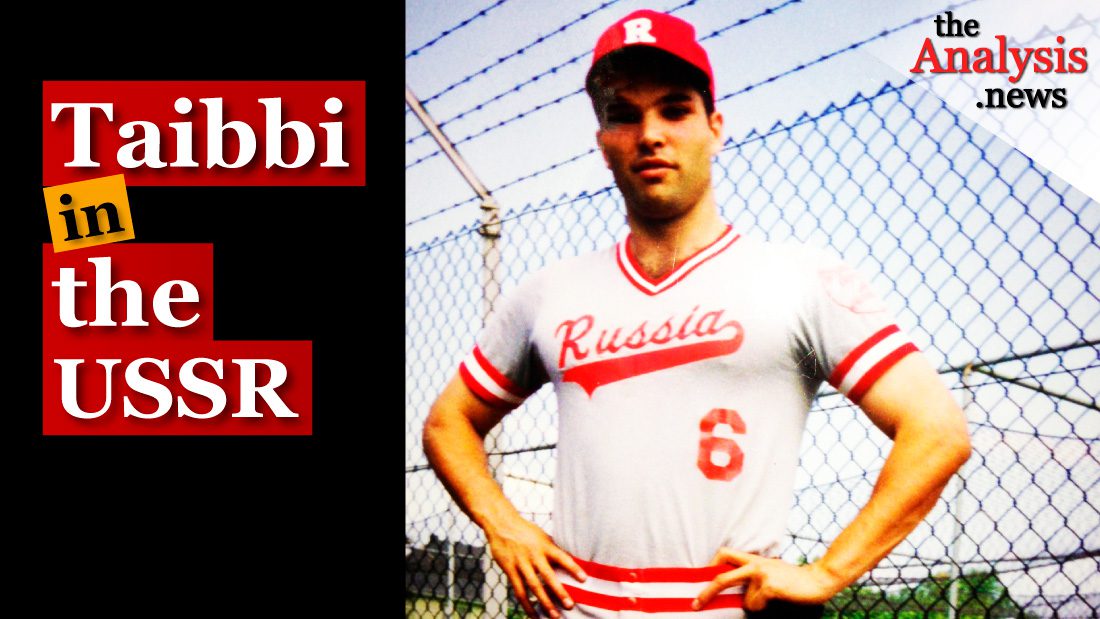
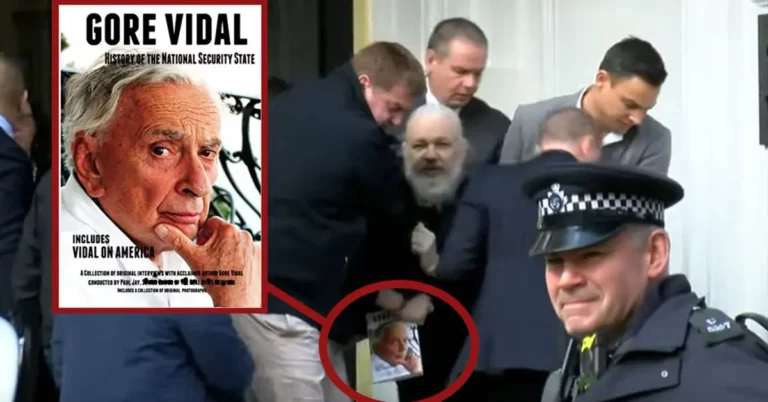
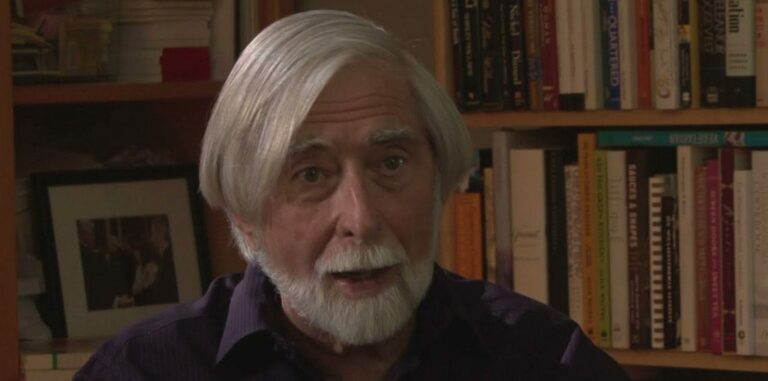
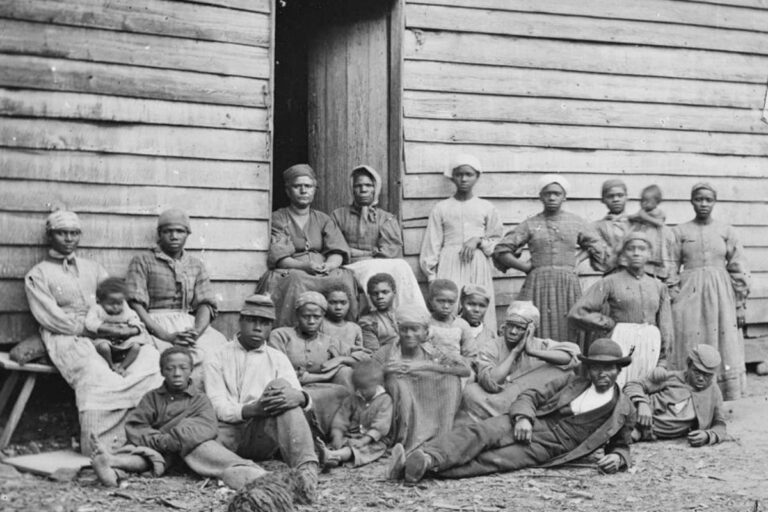
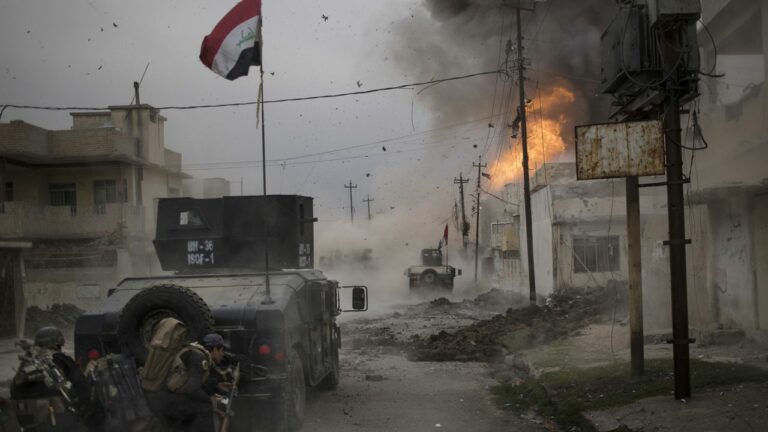
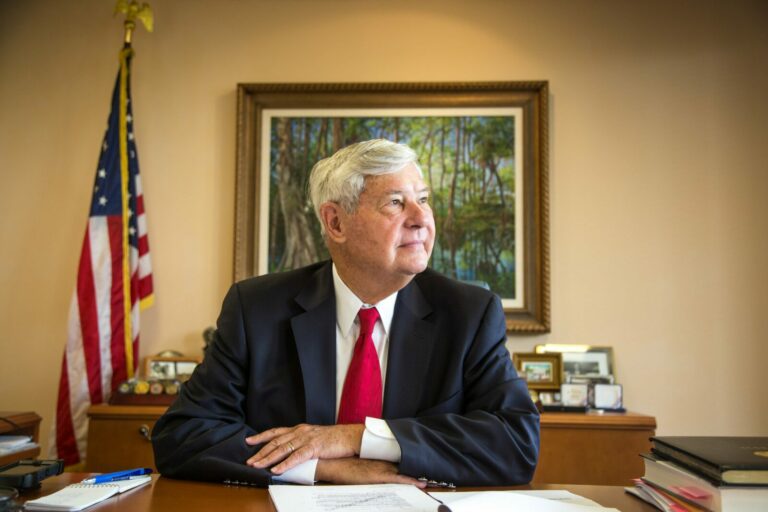
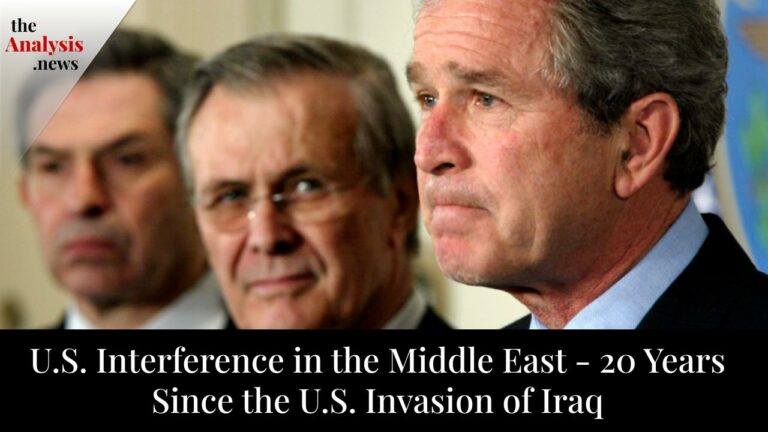
According to Matt Taibbi (Part 1), on the whole — not always and not everywhere — the Americans were less depressed than the Russians that Matt saw with his own eyes and who he got to know personally inside and outside Moscow.
Two Taibbi-tested oligarch systems — one in Russia and one in America — have something very much in common that amount to the same baleful symptom of both societies: DEPRESSION. Matt presumably would admit that to come to that conclusion doesn’t help much.
Especially, after reading the author’s body of work, one can conclude that for different reasons Americans might soon be as “depressed” as are Russians.
Since for 70 years for most Americans their quality of life has been going down and can only continue the slide as long as most Americans fail to take on their own oligarch system — a big part of which (landowner/creditor class) look much like the old feudal system of the Middle Ages [Michael Hudson, Richard D. Wolff].
Probably a good bet that if Americans took back their democracy from their own oligarchs who stole it, that would surely inspire Russians to do the very same. And that’s likely what Putin and his vodka-dip cabal fear most of all.
But for now, it appears Putin has no reason to be concerned. Talk about “depression”?
Russian oligarchs fear no US military-industry of nuclear weapons — they fear the day America actually does become the democracy it only now PRETENDS to be in the image it holds up to the world — an illusion [Vidal/Hedges/Chomsky] that no longer works like it used to when nobody realized that violence is as American as the Stars and Stripes.